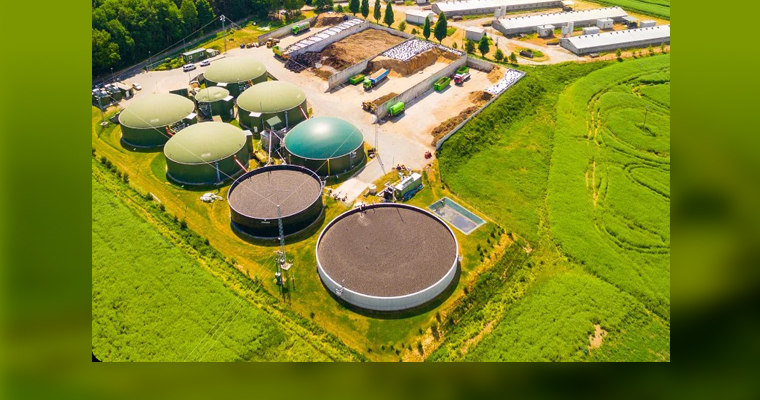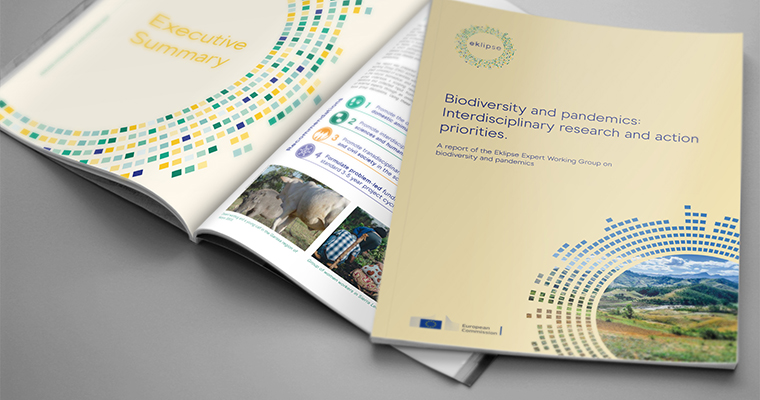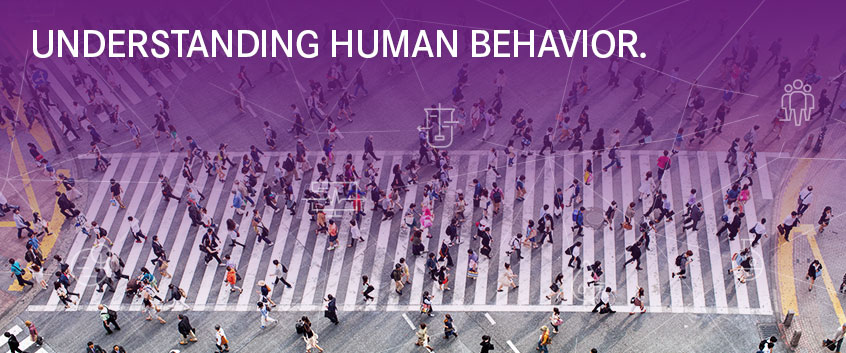
Research Unit
Environment and Society
To achieve this, a better understanding of how political, economic and societal actors interact with the complex environmental relations and processes on local, region, and global levels is required. Our research fosters innovative strategies and instruments which integrate ecological processes and social needs.
The Challenge
Usage of energy, land, water, raw material, and ecosystem services is rising at an ever increasing rate. Scarcity and the unequal distribution of resources lead to conflicts, which influence the foundations of humanity and threaten the quality of life. These conflicts are particularly observable in urban areas. Living spaces and ecosystems are damaged and pollutants seep the environment. It thus appears meaningful to call for fundamental socio-ecological transformation processes to develop and design human-environmental relations in a sustainable manner. This requires a far-reaching system-wide understanding of processes of sustainable transformation as well as integrated analyses and assessments towards developing environmental governance processes that secures the participation of civil society into decision making processes.
Research Questions
RU Environment and Society addresses many research questions related to how societal transformations towards sustainability can be designed and fostered. The questions include, but are not limited to, the following:- Who are the drivers of societal transformations?
- If traditional national policy instruments do not work for environmental issues, which ones will work?
- What are best solutions for environmental problems and at which scales (from local to global)?
- How can technological solutions contribute to transformations?
- How should the spatial dimensions of sustainable transformations be taken into account to make specific ecological and social costs assessable?
- Which services do we expect from ecosystems and what would we be prepared to pay for them?
- How can conflicts and trade-offs be resolved if different stakeholders have different and even contradictory knowledge sets?
- Can different needs and requirements for the utilization of water and energy resources, land or protected assets be responsibly integrated?
- How can socially just environmental processes be fostered?
The RU’s common goal is to develop applicable concepts, instruments, recommendations, and solutions for the design of sustainable transformations. We conduct research on social and individual behavior as well as everyday practices in relation to environmental issues. For the development of novel governance approaches, we focus on context-specific conflicts between several dimensions of sustainability such as energy, bioeconomy, land, water, raw materials and ecosystem services. In order to be able to appropriately manage the resulting complexity of our scientific research questions, we build upon expertise from different social sciences and connect these to the geo- and engineering sciences.
The RU Environment and Society is connected with other RUs at UFZ. Examples include the integrated projects “EnergyLanduse” and “Urban Transformations”, which both were coordinated by members of the RU Environment and Society. Further examples of important networks are “The Economics of Ecosystems and Biodiversity – TEEB” and “Sustainable Bio-Economics”. Currently, we bundle our research on the Integration Platform “Societal Transformations towards Sustainability ”.
News
Highlights from the Research Unit
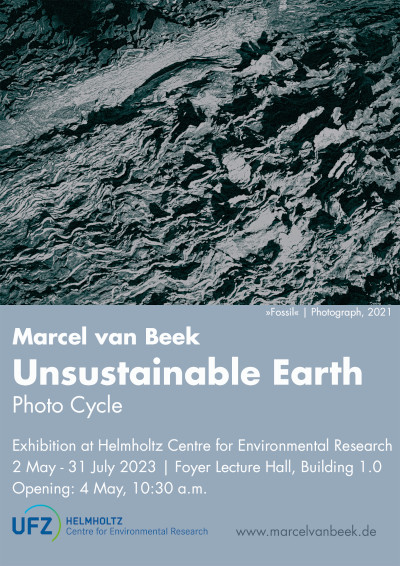
Exhibition: Under the patronage of Prof. Dr. Erik Gawel, the Helmholtz Centre for Environmental Research will show the photo art exhibition "Unsustainable Earth" by the young Leipzig artist Marcel van Beek from May 2.
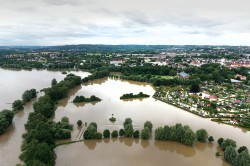
Five principles for climate-safe communities: Recent events show: Weather outbreaks are becoming more extreme. 2018 and 2019 were marked by drought and heat, 2021 by extreme precipitation in North Rhine-Westphalia and elsewhere, and the likelihood of both extremes is increasing. It is time for adaptation to climate change. Scientists under the coordination of the UFZ have defined principles that should guide cities and municipalities in this process.

Society and the corona virus. Here we have collected a number of publications on aspects of the pandemic written by members of the research unit or to which they have contributed.
Working Groups & Publications
Arbeitsgruppen im Themenbereich "Umwelt und Gesellschaft"
In the Research Unit “Environment and Society” we have two thematic graduate schools. Each brings together four PhD students from different departments.
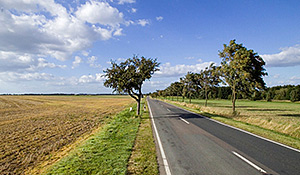
AGRI-TRANSFORM (Leverage Points for the Transformation to an Environmentally Sustainable Agriculture) was initiated in 2019. Involved are the departments of environmental politics, environmental and planning law, bioenergy and economics.

Thirsty Cities started in 2021. Involved are the departments of environmental politics, environmental and planning law, urban and environmental sociology and economics.
Dicussion Papers
Since 1998, discussion papers of the Research Unit "Environment and Society" have been available online:
The complete list of publications can be found on the department pages:

